Do you need to take a marine diesel maintenance class to cruise? Well, no. Many don’t bother with formal training. After all, cruising is its own education. But Pamela Douglas, a member of The Boat Galley team, took one and thought other cruisers and prospective cruisers might want to know what to expect. Here’s her experience.
Where I Started
After cruising for several years, I decided I wanted to know more about maintaining my boat. I always participated in engine repairs, although my role was often as a researcher. I succeeded in finding solutions online, in the Yanmar manual, and in good old Nigel Calder’s Boatowners Mechanical and Electrical Manual (Amazon). (Yep, we’re fans of the Best Boat Mechanics Book, too. — Carolyn) I also knew enough to perform basic maintenance. I could change the oil, add transmission fluid, monitor batteries, and troubleshoot simple issues. But I didn’t consider myself mechanically minded. I don’t have agile fingers and was awkward using tools.
I preferred to take a women-only class. The Narragansett Sailing School in Rhode Island offers a range of boating courses; several are woman-only. The class size of five participants seemed ideal. And I expected the other students to have experience comparable to my own. However, the few spots available meant classes filled quickly and I was unable to find an open spot (hint: entrepreneurs–this niche needs more providers).
Finally, I signed up for the two-day Marine Diesel Basics course offered by the Annapolis School of Seamanship. It was convenient since we were in the Chesapeake Bay for the summer. So I swallowed my fear and signed up.
My Experience
The class was fairly large. It had over thirty students and I was the only woman. The students fit the profiles of other boaters I knew. There was a mix of professionals (mostly engineers) and people working in the trades. In other words, people with experience with hands-on and theoretical mechanics.
Surprisingly, as the class went on, I found my basic knowledge gained cruising put me in the middle of the pack. When the instructor asked about the charge of a low battery, I answered correctly after no one spoke up. When you rely on batteries for all your power, you pay attention to low voltage numbers. Getting a small “win” boosted my confidence.
Course Set-Up
The course offered lectures and hands-on learning. It came with a handbook that included troubleshooting electrical problems that hinder the proper operation of a diesel engine. After learning the basics on a particular topic, the class broke into small groups and practiced tasks on different engine types. The Yanmar available was a slightly different model from the one on my boat. But it was helpful to see the familiar parts in a different configuration–especially in plain view. So many tasks I’ve done involved working blind (like changing an impeller). I appreciated being able to walk around an engine and see every part clearly.
The instructors offered good advice about the best tools for people with smaller hands or less hand strength to get the job done. One of the members of my group was an air conditioner repair person and he offered helpful tips on reaching awkward parts more efficiently with unusual tools.
Another hands-on model was an electrical board that allowed us to trace the power from the battery to different boat parts. Using the board and the engine models, we were assigned troubleshooting tasks. The instructor highlighted the importance of methodical testing to solve a problem and suggested that people with that patient ability would succeed better than folks who tore things apart without a plan (something I observed on my own boat working alongside my first mate).
Final Activity
Obviously, we couldn’t start engines in the classroom. We had to assume that our repairs worked. But at the end of the second day, we went outside. With a hose to push water through the coolant system, we started a Yanmar engine. The engine was noisy so it was hard to hear the instructor. Once again, being able to walk around an engine and see the various parts at work was very helpful.
My Thoughts
Instructors in my class were clear and patient. I never felt uncomfortable or disrespected. Early on, few of the students spoke to me. But once they learned I was a cruiser (cruisers are cool, but you knew that) with practical experience, a few sought me out to chat and ask questions.
Taking a marine diesel maintenance class is a good idea for any cruiser who is not a diesel technician or extremely experienced. The course description claimed that people who worked on car and truck engines found the course’s marine emphasis helpful in improving their knowledge. The Annapolis School also offers more advanced classes to increase your knowledge and skills.
I particularly encourage anyone who is the less mechanically experienced person in a cruising couple (often, but not always, women) to take at least a basic diesel maintenance class. You will gain confidence and knowledge that will benefit you every day. When I single-handed my boat on a two-day trip to Deltaville, Virginia I felt much better prepared having taken the course. Who knows what opportunities taking a diesel maintenance class will open up for you?

Pamela Douglas cruised in the Atlantic Intracoastal Waterway and Chesapeake and Delaware Bays aboard a Pacific Seacraft 34. She is a member of The Boat Galley team and developed our online course, Cruising With Your Dog. You can also find her favorite Atlantic coast destinations and other information about dogs at Something Wagging This Way Comes.
Flatten the learning curve with practical how-to info that gives you the confidence to step into life aboard.
Start Learning Today
Your VHF can do so much! Learn how to use ALL its features for just $39:
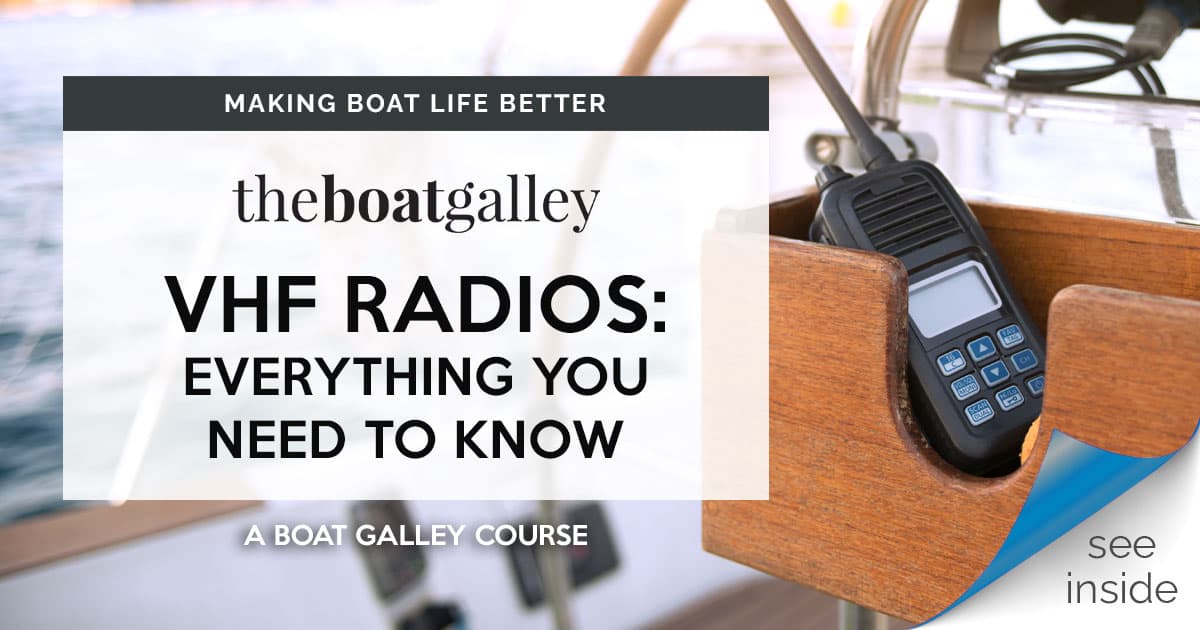
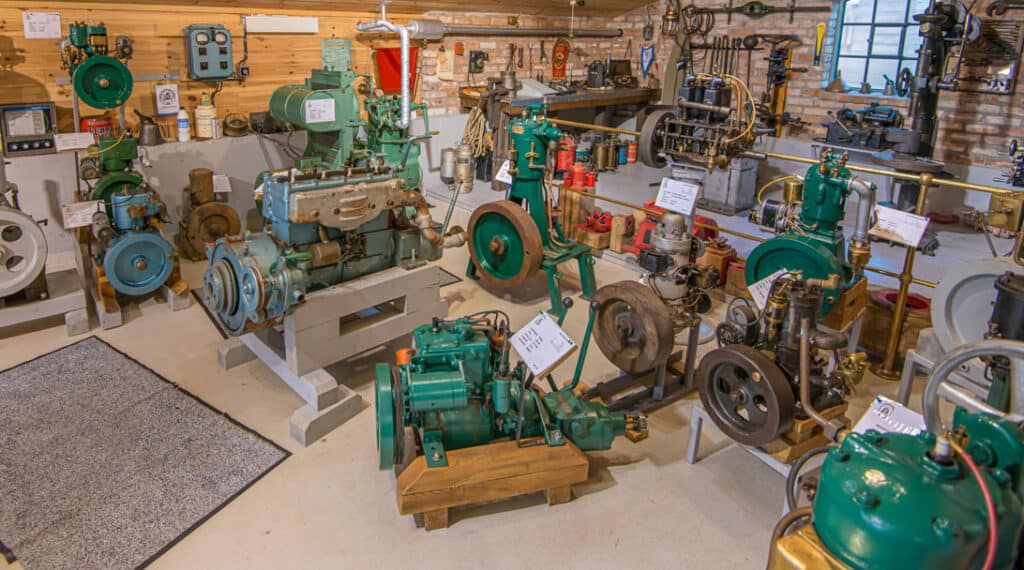
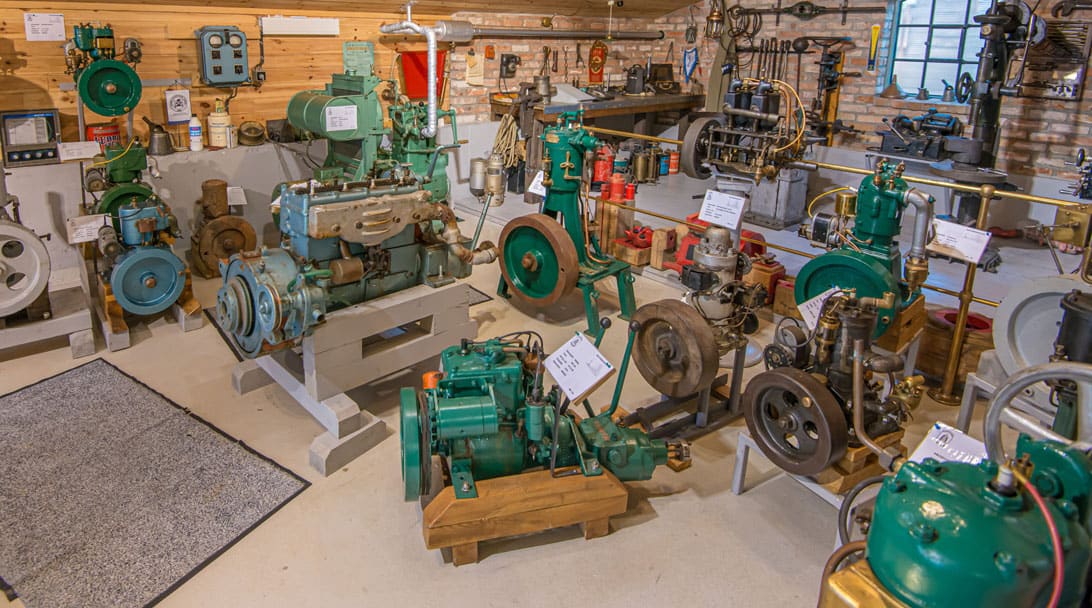







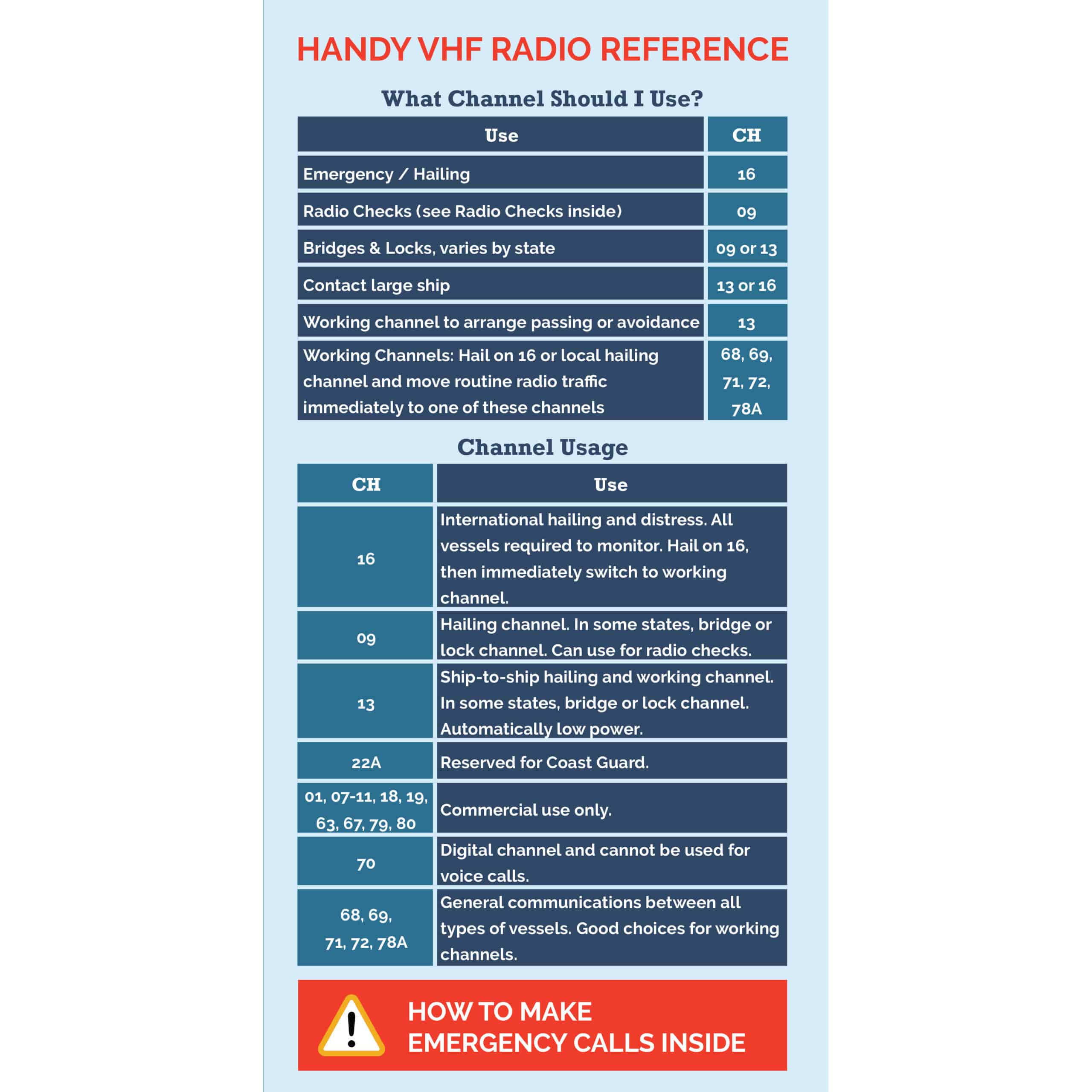

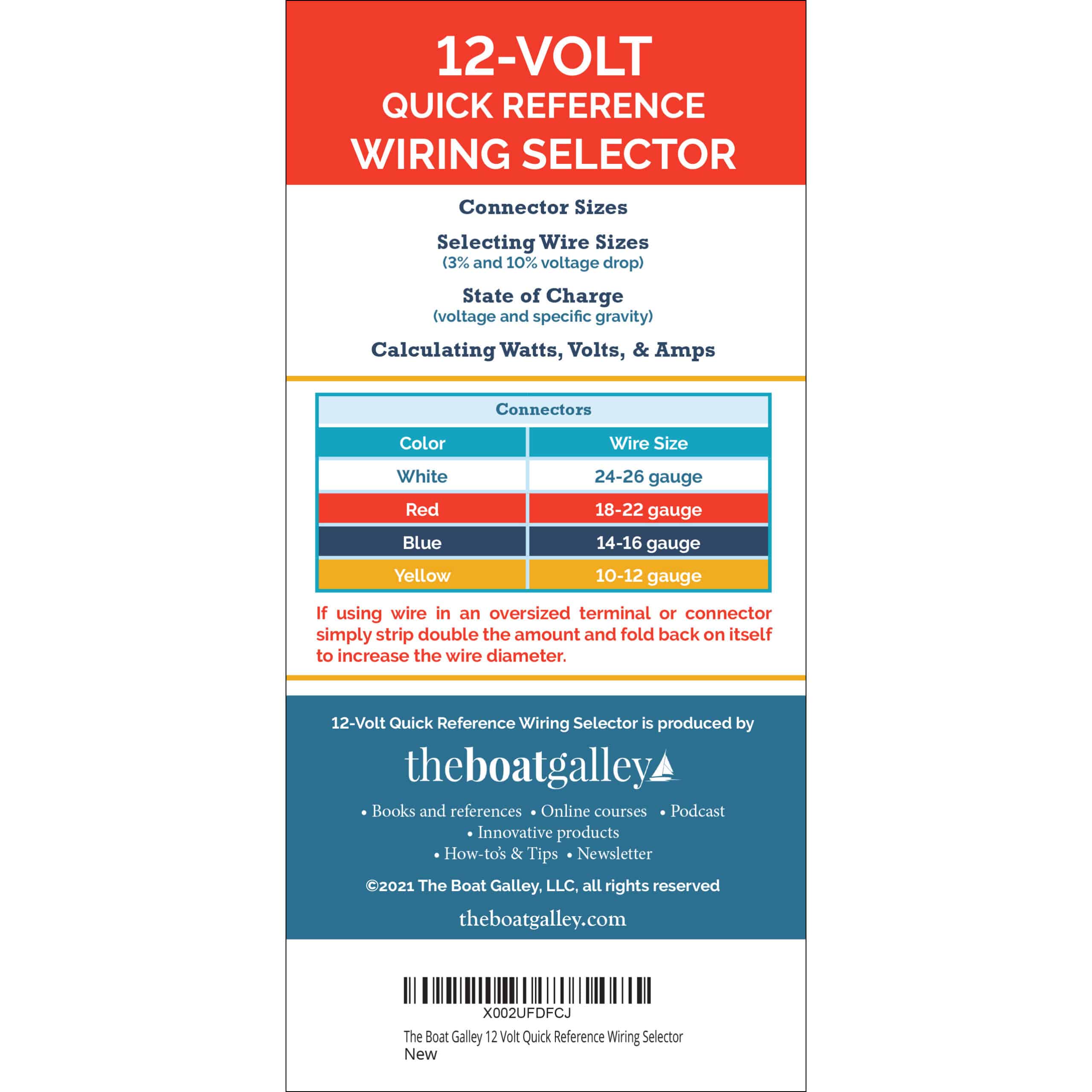


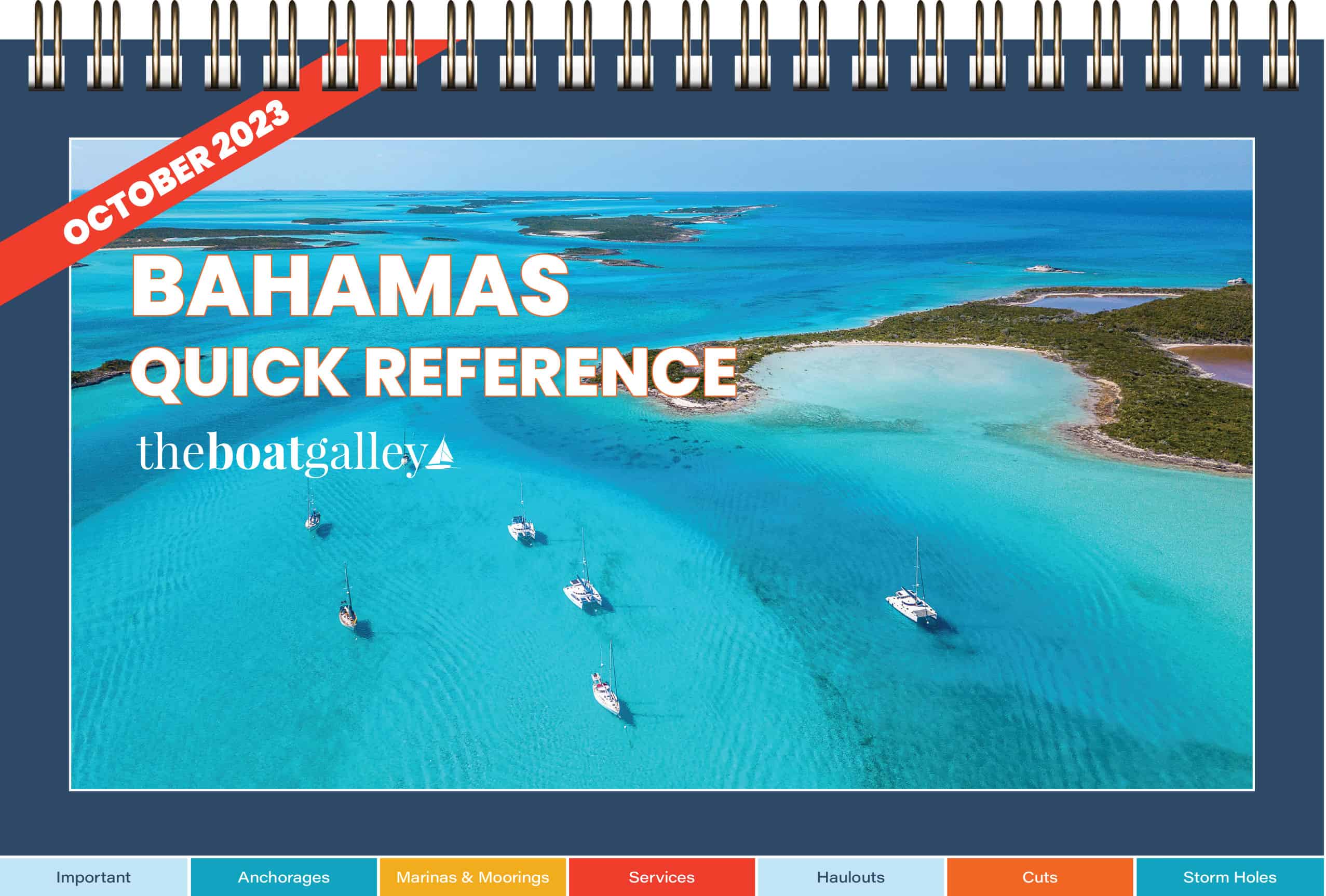
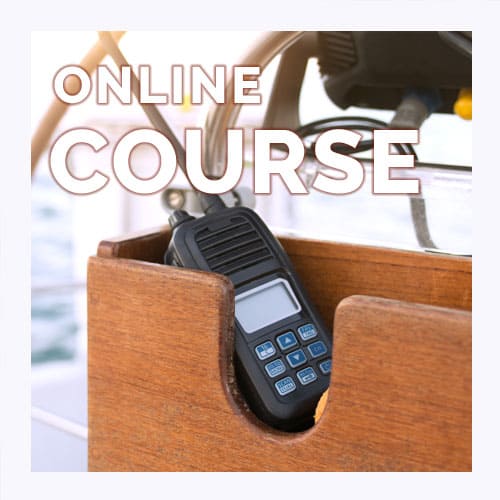
Leave a Reply